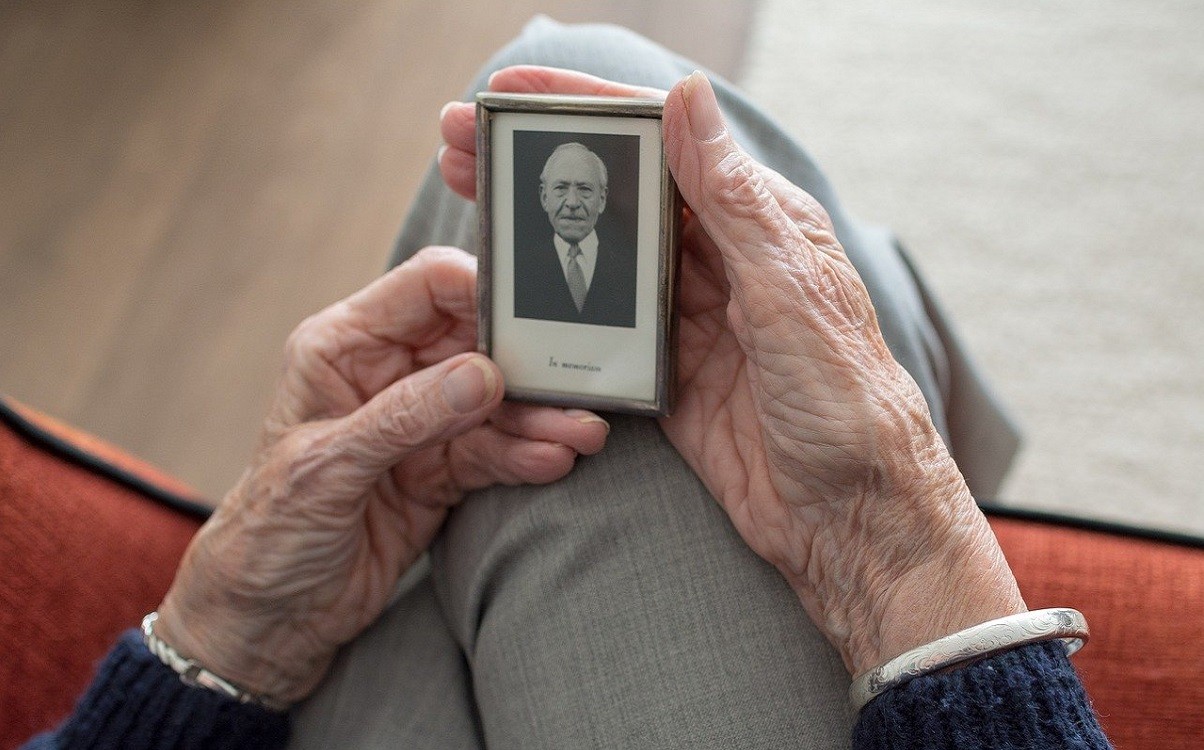Seniors Homes Get New Guidelines In Wake Of String Of COVID-19 Deaths
- TDS News
- Breaking News
- April 14, 2020

Seniors Homes Get New Guidelines As COVID-19 Deaths Spike. They Are The Most Medically Vulnerable People
All Canadians have a role to play in helping to protect seniors and medically vulnerable people, who are at greatest risk of severe health complications from COVID-19. Unfortunately, many long-term care homes in Canada have been experiencing outbreaks of COVID-19 and, sadly, numerous deaths.
“I have seen the heartbreaking stories of outbreaks in long-term care homes. We know seniors and people with pre-existing medical conditions are currently more vulnerable. This is why the Public Health Agency of Canada released recommendations that will better protect residents, seniors and health care workers in long-term care homes and ensure they remain safe and healthy.” The Honourable Patty Hajdu, Minister of Health

This weekend, the Public Health Agency of Canada released evidence-informed guidelines to help residents, seniors and health care workers in long-term care homes remain safe and healthy. The Infection Prevention and Control for COVID-19: Interim Guidance for Long-Term Care Homes provides recommendations that complement provincial and territorial public health efforts to prevent and control healthcare-associated infections. Recommendations include:
- Restricting visitors and volunteers to only those essential for basic personal, medical or compassionate resident care.
- Screenings for COVID-19 before every staff shift or essential visitor entry, and daily for residents. Workers should not go to work if they are ill.
- Requiring staff, essential volunteers and visitors to wear a mask throughout their shift or visit.
- Providing training on infection control measures such as proper hand hygiene and use of PPE.
- Practising physical distancing (keeping a minimum distance of 2 metres between residents) to the greatest extent possible, including during group activities and meal times. All non-essential outings should be cancelled.
- Routine additional cleaning, especially for high-touch, high-risk surfaces.
- Identifying staff who work in more than one location, and making efforts to prevent this where possible.
These guidelines may be adapted to other settings such as retirement homes and residential homes for those with developmental disabilities.
The interim guidelines are based on previous Canadian guidance developed for the coronavirus pandemic, lessons learned from the COVID-19 outbreak in other countries and in Canada, as well as interim guidance from other Canadian and international bodies.
You Make Also Like
Quebec Coroner Investigates 31 Deaths At CHSLD Seniors Home








